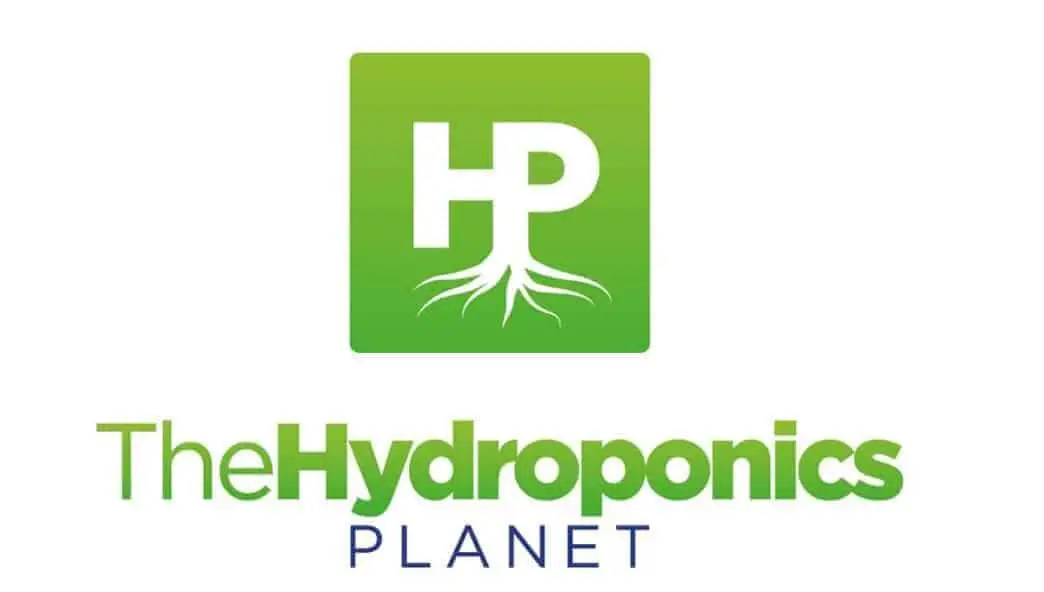How true is the myth that aquaponic vegetables aren’t tasty?
As we examine the topic in greater detail and learn more about what happens during the actual process, we’ll reveal the answer.
When it comes to the taste, texture and overall quality of aquaponic vegetables, there is a lot of debate. Even though this growing method wins the award for most environmentally friendly, does the flavor meet the requirements for a flavor profile?
Learn about the bad-taste myth, the differences between conventional and aquaponic farming, and other related topics.
Once you’ve finished this article, we’re confident that you’ll be eager to set up your own system or, at the very least, incorporate some aquaponic vegetables into your regular diet.
Myths About Aquaponic Vegetables’ Bad Taste

First, let’s dispel the myth of aquaponics and learn the truth about what it is and what it isn’t used for.
Aquaponic farming relies heavily on fish as its primary source of food. The hydroponic and aquaponic systems are very different. Fish, plants, and bacteria all contribute to nitrogen production in a variety of ways regardless of the type of bed.
Food is broken down into excrement and urine by fish as soon as they eat it at their own pace, and the first cycle begins. An entire grow bed filled with bacteria receives this fish waste.
The fish waste is broken down into nitrites and nitrates by the bacterial colony. In return, the fish benefit from the clean water provided by these plants. The aquaponics system is highly sustainable because of this continuous cycle.
A majority of aquaponics growers believe their vegetables taste more fishy because of the method’s use of fish as an integral part of farming.
However, no part of the plant—roots included—makes direct contact with the feces. In addition, the USDA has certified this method of gardening as the most organic growing medium, making it exceptionally safe to eat.
As a result of this, aquaponic plants are indisputable health and safety advantages over any local or frozen produce.
Why Aquaponic Vegetables Don’t Get A Fishy Taste

Isn’t it funny how dirt-laden or cow-dung-flavored soil-grown vegetables seem to be? There is no doubt in our minds that ins’t really the case.
When it comes to aquaponic vegetables, there is no fishy flavor or odor to be found in them. When it comes to aquaponic farming, fish feces are used in the same way that cow dung is in soil farming.
Ingredients and microorganisms are introduced differently in the two systems, but both systems function similarly in the end result
Aquaponic vegetables never come into contact with water because the plants are never watered from above the gravel level. So the fish or fish waste does not come into contact with the plants.
The fish waste, on the other hand, is leached of its nutrients by the filtration system, which removes it. We can therefore say with confidence that the aquaponic vegetables do not acquire a fishy flavor from the water they are raised in.
To sum it up? Vegetables are free of any resemblance to fish or seafood.
A Difference In Taste Between Regularly Grown Vegetables And Aquaponics

Aquaponic vegetables don’t have a fishy flavor or smell, but they do have a distinctive flavor when compared to soil-based farmed vegetables.
As a result, many people who are aquaponics enthusiasts and experienced gardeners believe that this farming method’s produce has an unique taste.
In many supermarkets and frozen food aisles, the produce is watery or cardboard-like, which is a common problem. As a result of the aquaponic system’s organic nature, there is a noticeable difference in flavor.
Aside from that, they don’t make use of any synthetic chemicals or fertilizers.
Because nature plays such an important role in the development of these vegetables, the end result is food that is more flavorful, crispy, and delicious.
More nutrients can be found in aquaponic plants because the plants are kept in a nutrient-rich environment. Vegetables may taste a little sour or bitter at times, but this has nothing to do with the system.
Generally speaking, vegetables that have a bitter or sour flavor can be the result of a nutrient mix that is off.
Tastiest Vegetables To Grow In An Aquaponics System
Media Bed Aquaponics System

Media bed aquaponics systems can grow a wide range of crops. In this aquaponics system, almost all plants that fail to thrive in other aquaponics systems flourish.
Herbs like sage and ginger as well as vegetables like tomato and eggplant as well as legumes and spices like okra and chives can all be included in your garden.
Deep Water Culture (DWC) Or Raft System
Floating raft systems are extremely long-lasting, but they are best suited for plants that are relatively light in weight.
The DWC system prefers plants with their roots submerged in water, so these are the best candidates. It’s best to grow vegetables like lettuce, kale and cabbage as well as herbs such as mint and watercress in your garden.
Nutrient Film Technique (NFT) System
Greens with shallow roots are recommended for use in the nutrient film technique system, which uses pipes for its design. Cabbage, kale, lettuce and arugula are some of the best plants for NFT aquaponics.
Reasons For Switching To Aquaponics

Aquaponic vegetables don’t taste fishy because we’ve already dispelled the myth.
This isn’t necessarily the case, but here are five compelling reasons to get started with aquaponic farming right away.
- There is little risk of insecticide cross-contamination because most aquaponic projects are housed in greenhouses.
- Fish, bacteria, and plants coexist in harmony in this self-sustaining ecosystem, which rarely necessitates human intervention.
- Aquaponic farming uses 90% less water than conventional farming methods.
- It’s possible that the plants will grow more quickly than expected.
- Fruit and vegetables should be rich, deep, and flavorful.
Conclusion
We conclude this article by dispelling the myths about fishy vegetables and uncovering the truth.
Similarly, if you’ve ever considered experimenting with aquaponic farming, now is a great time to get started. Finally, prior to construction, consider the fish to plant ratio, as too many fish can disrupt the aquaponic ecosystem.
Good luck with your aquaponic garden!





